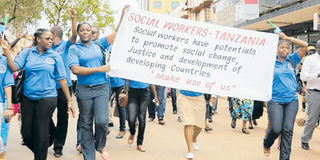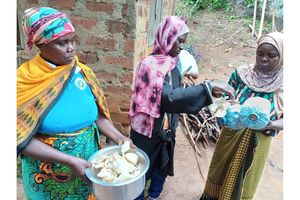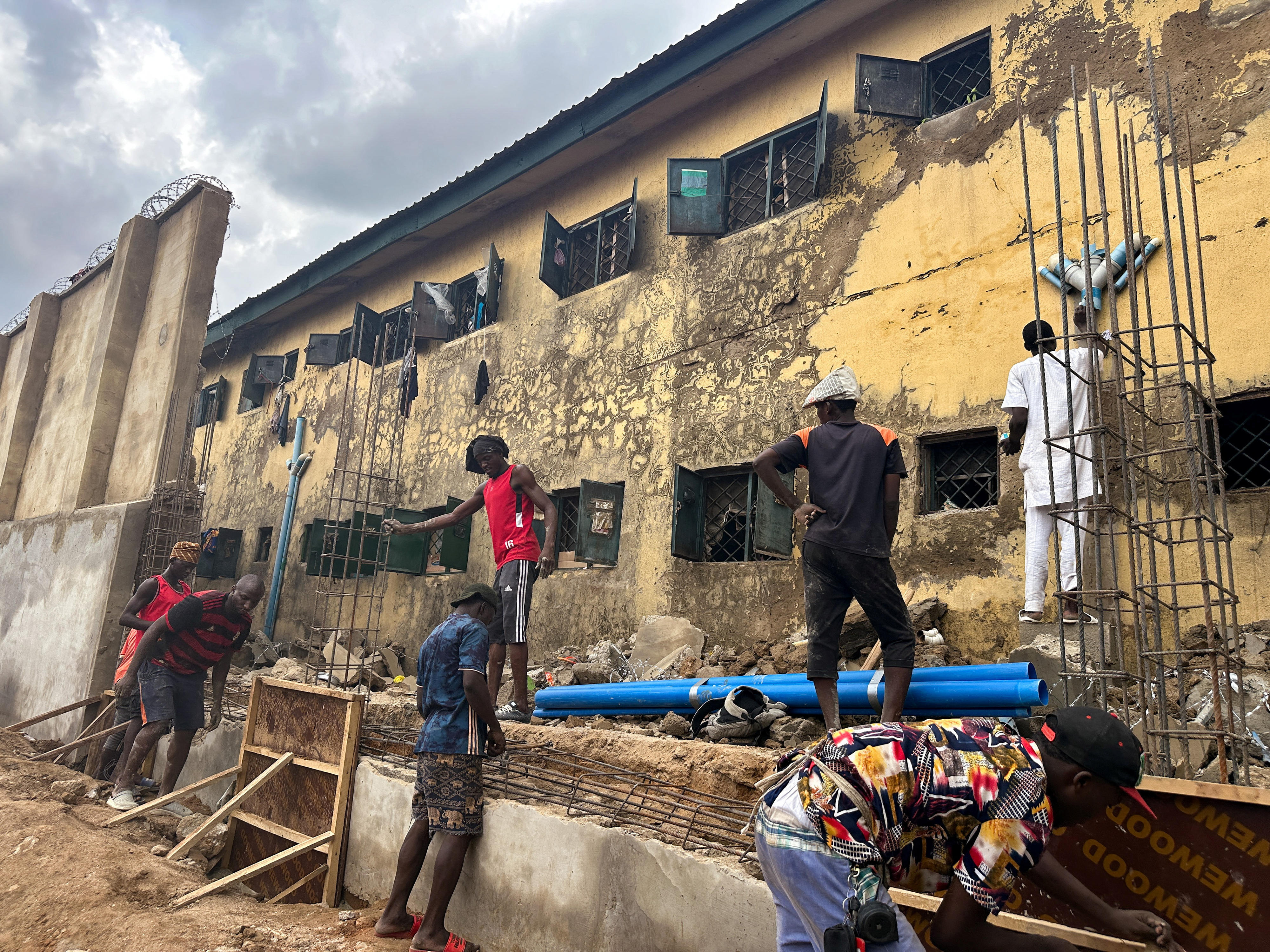Social workers in Tanzania and their key role in HIV/Aids care

An important and fundamental role of social work is advocating social justice. PHOTO | FILE
What you need to know:
- Social workers at public institutions, non-governmental organisations, faith-based organisations, and civil society organisations alike have had multiple roles with various responsibilities in HIV/Aids interventions.
- Social work is a practice-based profession and an academic discipline that promotes social change and development, social cohesion, and the empowerment and liberation of people.
As we mark World Social Work Day, the ever-expanding role of social work in HIV/Aids interventions in the country is remarkably striking.
Social workers at public institutions, non-governmental organisations, faith-based organisations, and civil society organisations alike have had multiple roles with various responsibilities in HIV/Aids interventions.
Social work is a practice-based profession and an academic discipline that promotes social change and development, social cohesion, and the empowerment and liberation of people.
All over the world, the profession makes significant contributions not only to the healthcare field, but also in many other socio-economic situations that impact individuals, families, and communities.
Thanks to the significant advancements in medical care, people are living longer lives. For people living with HIV (PLHIV), this longevity is accompanied by both joys and challenges. Some lack easy access to health services, for example, while others find adhering to their antiretroviral therapy (ART) difficult. No matter what the reason, when PLHIV are not getting the care they need it is much more difficult for Tanzania to achieve an Aids Free Generation.
That’s where Tanzania’s social welfare workforce is ready to make a real difference.
In 2016, the Tanzania Ministry of Health Community Development Gender Elderly and Children’s enacted a Task Sharing Policy — a strategy advocated by the World Health Organisation (WHO) to improve access to much-needed healthcare services. In close collaboration with the Ministry, the Tanzania Association of Social Workers (Taswo) and the American International Health Alliance (AIHA) have been working to arm the country’s social workers with the knowledge and skills they need to provide comprehensive HIV/Aids services, particularly in underserved communities across the country.
Together, the Ministry, AIHA, and Taswo developed training modules on HIV services; engaging key populations, such as people who inject drugs (PWID); and how to effectively respond to gender-based violence (GBV) and violence against children (VAC), among other things. These are being used as part of a national curriculum to upskill Tanzania’s social workers as they take on new and expanded roles in the country’s battle against HIV/Aids.
Through the training programme, Tanzania’s social workers now have the skills to facilitate HIV screening; support patient adherence and retention in care, which helps them attain viral suppression; and coordinate recovery support services for substance users at high risk of HIV infection. They have also been trained to provide continuous counselling and psychosocial support, which is critical for PLHIV and, in fact all people who are living with chronic health issues.
Another important and fundamental role of social work is advocating social justice. In the context of Tanzania’s HIV/Aids epidemic, social workers are at the forefront of efforts to combat the stigma, discrimination, and marginalisation that hinder the country’s work to address HIV/Aids.
As a result, today we see a reduced culture of secrecy, silence, ignorance, blame, shame, and victimisation of PLHIV. In fact, social workers trained on HIV-related services has already resulted in more high-risk individuals seeking and utilising health services for prevention, diagnosis, management, and treatment of HIV and other health conditions.
At the same time, social workers have been using behavioral approaches to HIV prevention, paying special attention to how gender, social status, and cultural roles affect sexual risk behaviors and the ability to take steps to reduce a person’s risk of infection.
The Ministry’s efforts to implement task sharing are strengthening and expanding roles within the country’s health and social service workforce to rapidly increase access to health services. The new policy guidelines that have expanded the roles of social workers in HIV/Aids interventions are making a significant contribution to the realisation of the UNAids 90-90-90 goals by 2020.
These training programmes to expand social worker skills in HIV/Aids-related care services are supported by the U.S. President’s Emergency Plan for Aids Relief (Pepfar) and the U.S. Centers for Disease Control and Prevention (CDC) in Tanzania. They are being managed by AIHA through its HIV/Aids Twinning Center Program, which is funded by the US Department of Health and Human Services, Health Resources and Services Administration (HRSA).
The author is the Vice President of the Tanzania Association of Social Workers. [email protected]




